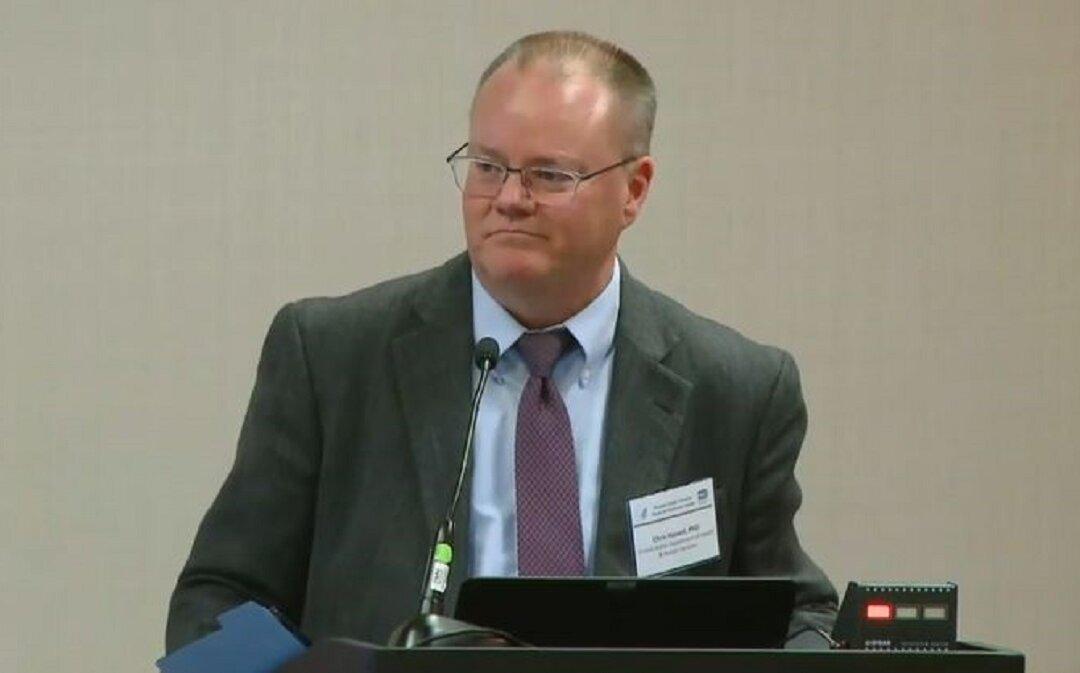A committee formed to evaluate research projects involving pathogens that could cause pandemics hasn’t worked during the COVID-19 pandemic, The Epoch Times has learned.
The Potential Pandemic Pathogen Care and Oversight (P3CO) Review Committee was formed in 2017 under a new framework aimed at strengthening oversight of potentially risky projects that were up for funding from the U.S. government, following a multi-year pause ordered after issues involving anthrax and avian influenza.





